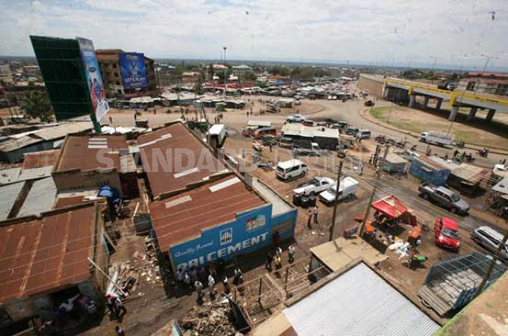×
The Standard e-Paper
Fearless, Trusted News

Kondele ‘osemuoch!” (Kondele has erupted). This short phrase has become a cliché in Nyanza as the best way to gauge one’s safety in Kisumu County. If Kondele is calm, then Kisumu is.
Those visiting the region during political upheavals often inquire if Kondele is calm before starting the journey.